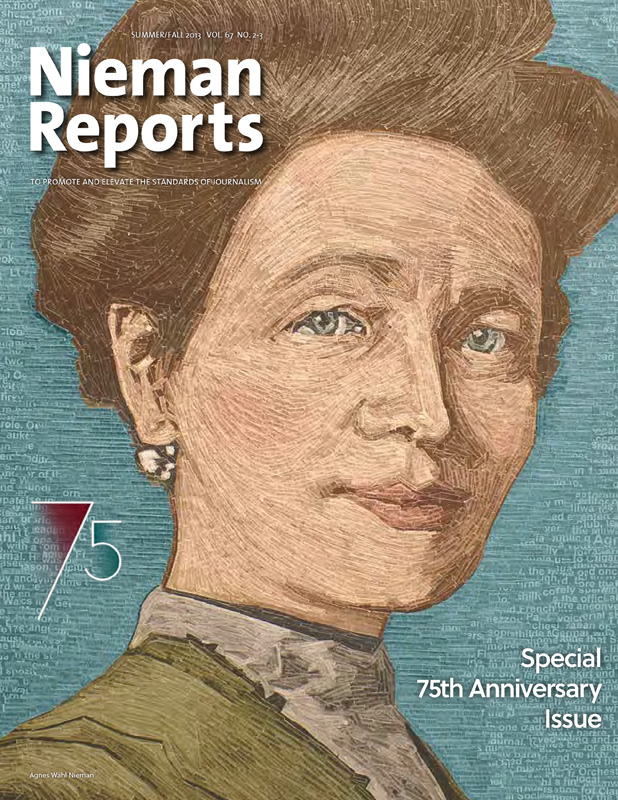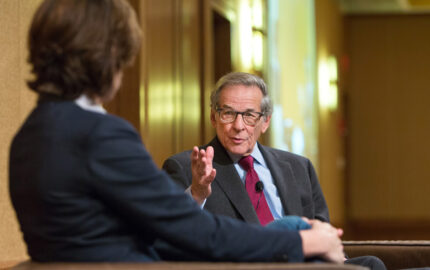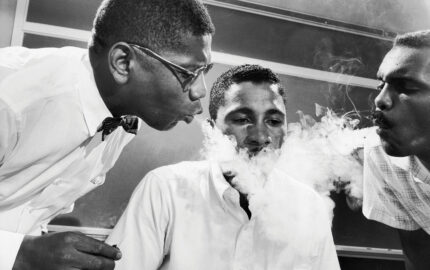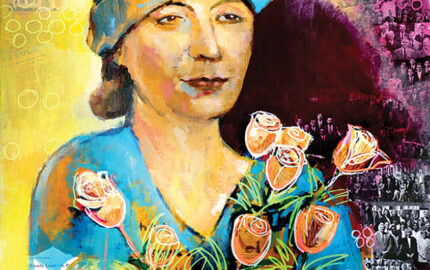An investigative reporter for The Washington Post, Mintz broke the story of the birth defects associated with thalidomide
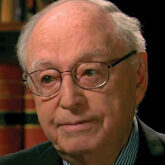
I owe to Louis Lyons the marvelous experience of a Nieman year. I was educated; I wrote a book. The book [“The Therapeutic Nightmare”] was mainly about the pharmaceutical industry, the Food and Drug Administration, and the American Medical Association. When I arrived in Cambridge, I had no thought of doing a book, but once the opportunity arose, Louis in his shy but uniquely warm and wonderful way encouraged me. In a speech he had made in 1958 ... he said that as the role of modern government inescapably grows greater, its functions more complicated, the penetration of these forests of our public affairs becomes an increasing challenge to the talent, energy, and manpower of the press. He also said that too few reporters take up “the lonely search of the less publicized, more impenetrable corners of the public domain. Their tribe must be increased.” By nurturing and motivating Niemans with serious books in them ... he helped greatly to increase that tribe.
From “The Growth of a Reporter,” by Morton Mintz, Nieman Reports, Summer 1983
